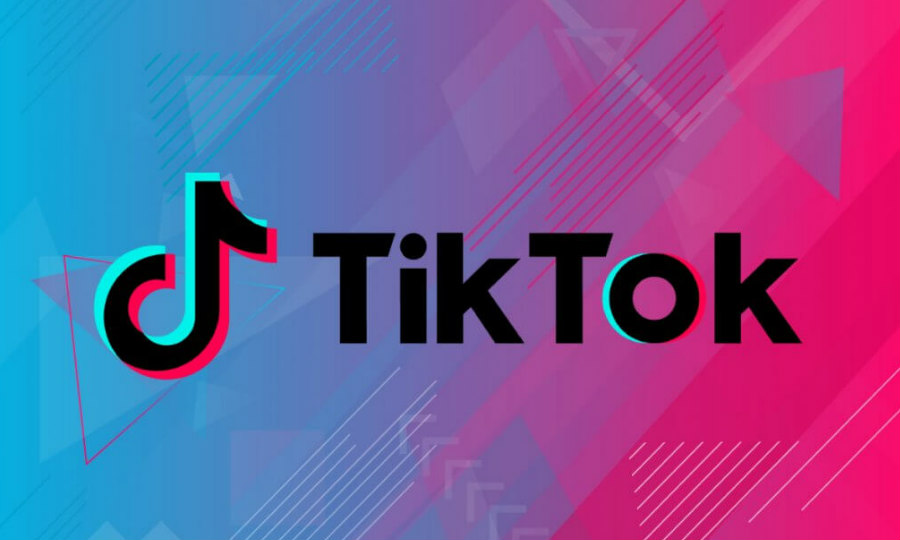TikTok is the latest craze in the exceedingly ephemeral world of online trends. A passing echo of the human footprint, TikTok seems more concerned than ever with the bite-sized, binge prone algorithms that make Facebook, Instagram and Youtube such a success.
But here’s the thing. TikTok massively outsold aforementioned competitors in the Apple app store in 2018, with over a billion downloads. Plus 3 out of 10 Chinese citizens actively use it. It’s popularity is so immense it even scared Facebook into quietly launching an imitation ironically titled ‘Lasso’ in order to reign in it’s fleeting teenage audience.
So what has made this lip-synching smash such a megastar in the online world? Does it have the roots and longevity to enter the lexicon of the Western world? Is TikTok the physical embodiment of the Myth of Sisyphus? Let’s find out.

How long will TikTok last? Is it worth jumping onboard with? Why is it such a success? We endeavour to find out with reference to Greek mythology.
What is TikTok and where did it come from?
While it’s often referred to as a ‘lip synching’ app, it’s a more closer relative to something like Vine than a karaoke app. It’s actually far more popular for its act-out memes put to music. A certain meme trends and you build your fanbase.
They are often highly curated 6-15 second videos and the purest embodiment of instant gratification.
TikTok is a Chinese owned app and the second iteration of Musical.ly, an app that’s identical to TikTok in most major ways.
Musical.ly was launched in 2014 by Chinese entrepreneurs Alex Zhu and Luyu Yang and was acquired for around $1 billion in November 2017 by the Beijing-based tech company ByteDance. In August 2018, ByteDance absorbed Musical.ly, and all Musical.ly accounts were automatically migrated to TikTok.
TikTok is smaller than Facebook (2.27 billion global monthly active users, including Instagram and WhatsApp, which it owns), but it’s much farther ahead of Twitter (336 million) and Snapchat (186 million).
What TikTok does achieve is it’s ability to create an entirely singular brand of obscure comedy. This is the ultimate appeal of TikTok. People all over the world interacting, interrelating and essentially connecting through shot burst, hyper energetic jokes.
As for whether you should use it?
Take a look at the video below, if you cringe then TikTok may not be for you.
The Dark Side
There is an inevitable dark side to TikTok however.
Like most apps, it only allows users who are 13 years of age or older to download it. Also like most apps that target a young audience, it comes with it’s fair share of creeps.
Hong Kong children as young as 9 years old have been reported of unwittingly exposing their full names, phone numbers, and schools through information on public videos. It was also noted that many users under the age of 16 have been receiving messages like “I want to do bad things to you” and asking for personal cell phone numbers.
Furthermore, in 2017 ABC reported on an 7 year old girl from Indiana who was asked to send topless photos of herself to a stranger on early TikTok app Musical.ly. At roughly the same time, a 25 year old Californian man was charged with sexual exploitation of children under the age of 12 through Musical.ly.
Since TikTok subsumed Musical.ly there have been numerous and widespread cases of the similar atrocities occurring and TikTok seems to be taking no pre-emptive action against it.
Furthermore, one of TikTok’s largest audiences is young girls mimicking ‘thirst trap’ culture by posing provocative videos of themselves that essentially focus on their bodies. Despite this being potentially rife territory for pedophilia, it also makes TikTok an extremely uncomfortable place to scroll for adults.
The Myth of Sisyphus
Philosophically indulge me for a moment. At the core of TikTok is a distinct shallowness which is indeed a defining quality of all social media. However, with TikTok it feels amplified. Unnecessarily excessive, indulgent and ultimately meaningless.
Much like our good friend Sisyphus – the cruel King who was punished in Tartarus to eternally roll a boulder up a hill so it could simply roll back down – there seems no eventual reward from TikTok.
In vanity’s most transient mask yet, young teens spend absurd amounts of time for, quite literally, 6 seconds of fame before they are swept away. Rinse and repeat.
As Camus stated in his popular essay The Myth Of Sisyphus, this eternal struggle is the fate of all humans to merely exist and the cure is to embrace the sheer absurdity of it all.
Thus the act of committing monstrous pockets of time in order to achieve fleeting gratification and fame (the principle is the same with Influencers) feels distinctly hollow and overall damaging.
See the below example for reference:
In the age of the internet where nothing, save Wikipedia, is sacred I can only conclude that TikTok will inevitably phase out of the public sphere. However, in an already cyclical, transient and ultimately meaningless existence why not laden ourselves with an app that shares the same qualities?
If it brings people happiness who am I to judge? Perhaps Camus summed it up most concisely in the closing comment of his essay exclaiming,
“The struggle itself…is enough to fill a man’s heart. One must imagine Sisyphus happy”



